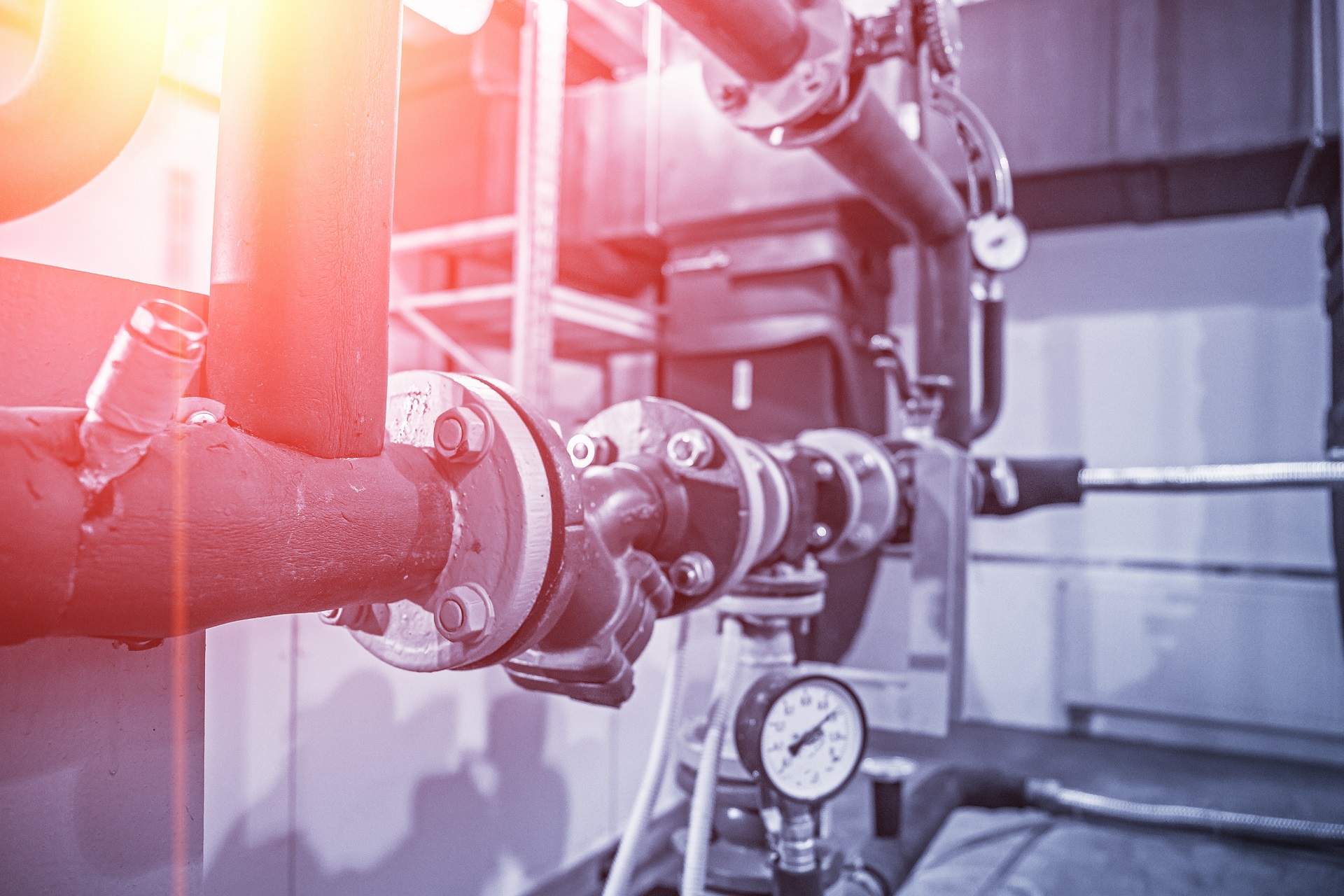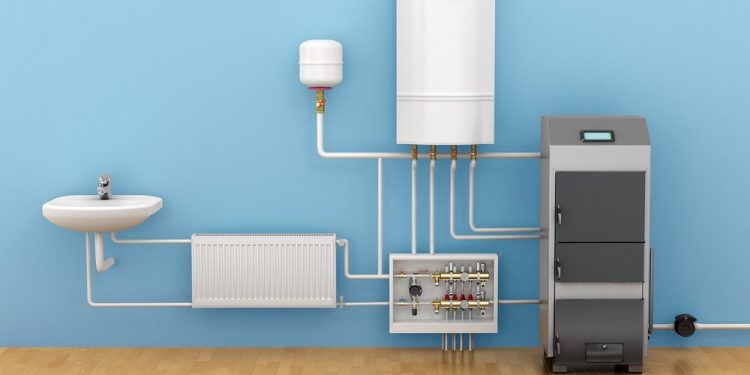Boiler maintenance is among the most crucial tasks any homeowner can undertake. Not only are devices costly to replace or repair, but when they fail to operate with efficiency, they can cost more to run and, in the worst case, put you and your family’s health in danger. If you are looking to extend the life of your equipment, here are tips to observe.
Annual Boiler Service
Booking an annual boiler service ensures that your equipment runs efficiently to its optimal capacity. This ultimately reduces the risk of carbon monoxide poisoning. Your gas engineer should carry tests and checks to determine its efficiency and safety. This service minimizes the risk of a breakdown and extends its life. Understand also that most of them come with warranties, with the manufacturer requiring you to observe an annual service to keep the warranty valid.
Insulate the Boiler Pipes
One of the most important facets of a central heating system is proper pipe insulation. Insulating your pipes enhances performance and the lifetime of your plumbing. For long lasting make sure to contact plumbing and heating companies for professionals. It also protects your LS1 Boilers against damage that could be caused by weather or extreme temperatures. The biggest threat to poorly insulated pipes is freezing temperatures. Should the mercury drop, the water left standing in the pipe will eventually freeze and expand, which could lead to the cracking or breaking of the pipe.
If you live in an area exposed to below-zero temperatures, ensure that your home improvement efforts focus on pipe insulation. An engineer should inspect pipes under the sinks, garages, the basement, attic and crawl spaces. What’s more, insulating pipes limits the transfer of heat, creating a vapor barrier against moisture. In turn, thermal efficiency is improved, and energy bills get lower.
Inspect Warning Signs
In addition to booking an annual service for your central heating system, be on the lookout for warning signs of potential or underlying damage. Should you notice any issues, contact your plumber immediately for timely repair. Look out for:
- Pilot light going out
- Whistling noises
- Lack of hot water
- Leaking
Should you notice any of the following with your gas boiler, call your engineer for emergency services:
- Nausea when using your boiler
- Smell of gas
- Yellow flame on the pilot light
- Soot around the boiler
Inspect Air Vents and Flues
Gas boilers are prone to blocked vents, which can prevent your heating system from working efficiently. Although the boiler may not need ventilation, the gases released will need to escape to somewhere. Usually, these waste gases are expelled through a flue. If your heating system is placed in an enclosed area, ensure that there is at least 300 mm between the top of the space and your boiler.
Understand that your boiler will need oxygen to burn the gas properly. It means that the space should not be airtight. Otherwise,a lack of oxygen could trigger the production of dangerous carbon monoxide. Check that the flue is correctly positioned to allow for a steady release of the waste gases.
Inspect Water levels

A lot of boiler issues in many smart homes can be linked to low water levels. When the water in the boiler drops below the low water level mark, it will mean that your system will be operating without a sufficient amount. In such a case, your boiler is exposed to the risk of severe damage, and ultimately, an explosion could be triggered. Be sure to monitor the water levels every fortnight and ensure that the pilot light is on as you do so.
Descale
A scale in LS1 Boilers is the build-up of water mineral deposits. The interaction of these deposits and the interior makeup of the equipment could result in rust, limescale and the formation of a scale. Should scales occur and not be removed in good time, clogging, improper temperature variations and inefficient heating could occur. Descaling ensures that the scales are removed for optimal performance. This is a process done with a descaling agent or through power washing. Note that descaling enhances the efficiency of boilers, prevents the formation of legionnaire’s disease bacteria, maintains the safety of your property and reduces energy costs.
Boiler maintenance is a home improvement step you cannot afford to skimp on. Proper maintenance keeps your system running efficiently, provides you with consistent hot water supply, keeps your household warm and averts accidents. For an easy to control boiler, have your engineer fit a smart thermostat to your system, which is one characteristic of smart homes.








